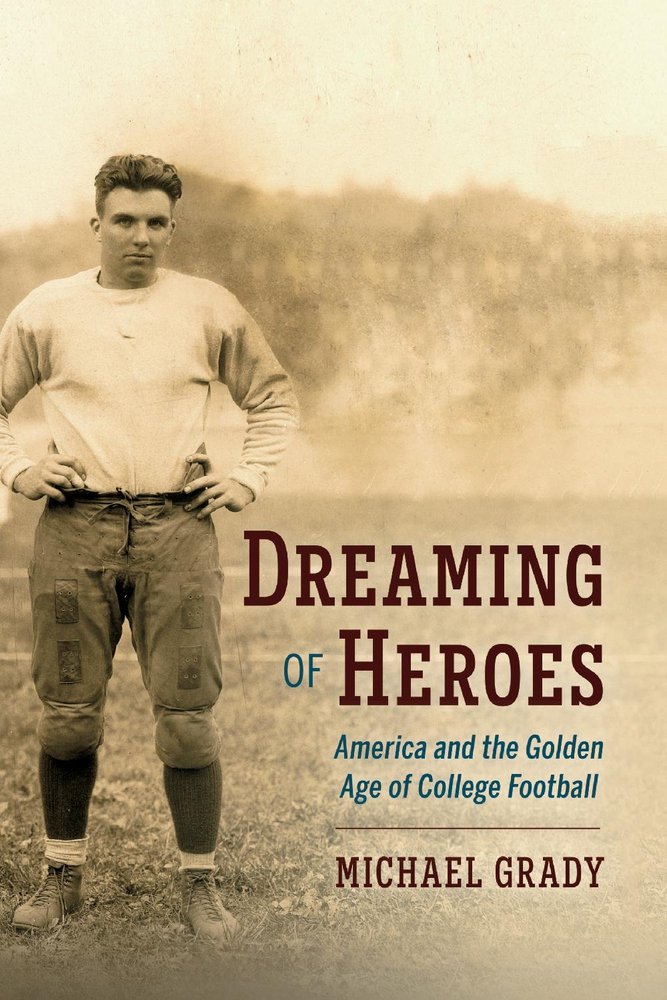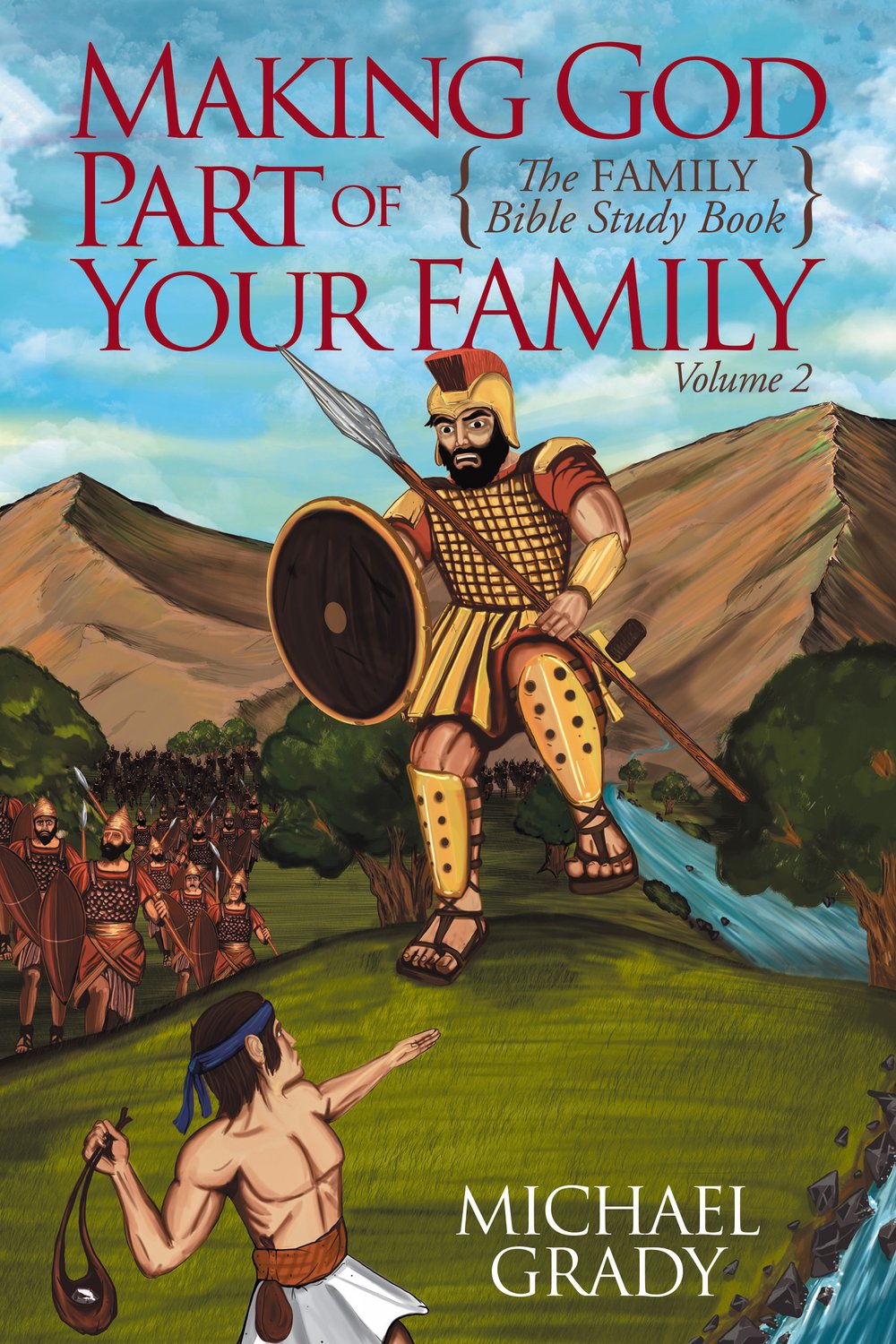Dreaming of Heroes
America and the Golden Age of College Football

The 1920s are justly considered the golden era of college football. While the sport had been played on campuses for decades, it was a game that had to go through a series of slow and sometimes painful evolutions before it became anything resembling the game we know today.Also in 1920, Cyril Letzelter's family moved to the small Ohio mill community of Martin's Ferry, just across the Ohio River from Wheeling, West Virginia. And Cyril enrolled at Martins Ferry High School and quickly learned how "football crazy" the community was.The entire, immigrant-rich river valley seemed to have an obsession with high school football. Rivalry contests between small communities would produce audiences greater than the size of the communities themselves. Newspapers would print an endless stream of "All Valley Teams" named by various citizens. For the immigrants of the mill communities, who made their living in the back-breaking steel mills and coal mines, the sport of football offered immediate diversion, and perhaps a path to a better life for their children.He eventually made his way to Carnegie Tech, which at first seemed an odd choice given the schools that recruited him. Founded by Andrew Carnegie in 1900, Tech didn't even field a football team until 1906, and it was such a minor program that in its first two decades, it was only able to post seven winning seasons. However, in the space of Letzelter's three years on the varsity team, the team not only started winning but earned the distinction of being one of only two football programs to have ever beaten Knute Rockne's Notre Dame teams twice (the other being Nebraska). One of those games, in 1926, is still considered to this day to be one of the greatest upsets in the history of the game. And while that game has referenced in the abstract over the years, this volume provides the first known comprehensive narrative of that historic game, as well as the 1928 contest, where Tech delivered to Rockne his only loss on his home field.The story of these games, and the story of Cy Letzelter, is a window into the evolution of the game and the changes of the nation that occurred between Reconstruction and post-WWI America. In a sense, the game and the nation went from unsteady experiments to a fast-growing, powerful phenomenon over the same period of time. And the youthful struggle on the gridiron during the period between the wars helped shape what we call the "Greatest Generation" — a generation of young men and women working toward a hopeful future, taking the risks they needed to make to get ahead, and sometimes being manipulated by stronger forces beyond their reach.This is a story of the Golden Age of College Football that follows one man from the roots of his athletic stardom in the Ohio Valley High School football scene, to his emergence as a bonafide national college football star, to the surprising end of his playing career engineered by some of the most powerful people in college football and the United States Congress. It is also the story of his redemption and his re-emergence as a soldier and Assistant Coach for the vaunted Army teams of the 1930s, and his surprising return to the place of his greatest gridiron triumphs late in his life.It is an American story.

Michael Grady is the 6th grandchild of Cyril Joseph Letzelter, and the youngest of Cyril's oldest child, Mary Elizabeth (Letzelter) Grady and her husband, the late W. Justin Grady. He earned his degree in History in 1992 at Eastern Illinois University. Since then, he's worked in the field of state government relations. Since 2010, he's operated his consulting firm where he works on issues supporting various local government bodies, advocating for public health and anti-tobacco policies, supporting the developmentally and intellectually disabled, and waste management and recycling.He is an avid college football fan, and despite his love for his Grandfather's exploits against Knute Rockne, he remains a rabid fan of the Fighting Irish of Notre Dame and still believes they got screwed out of the National Championship in 1989.He lives in Springfield, Illinois with his wife Alyson and their three children; Justin, Aidan, and Clare.



